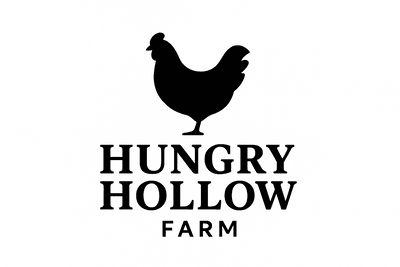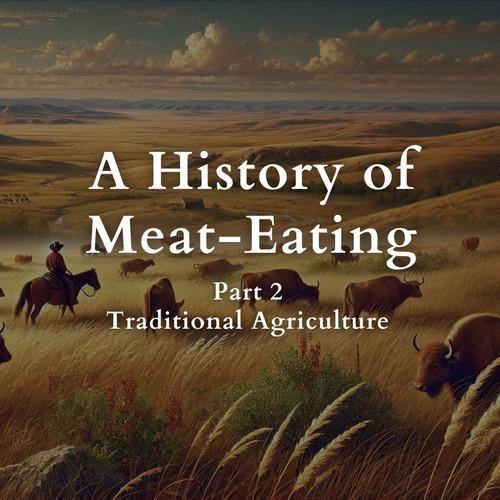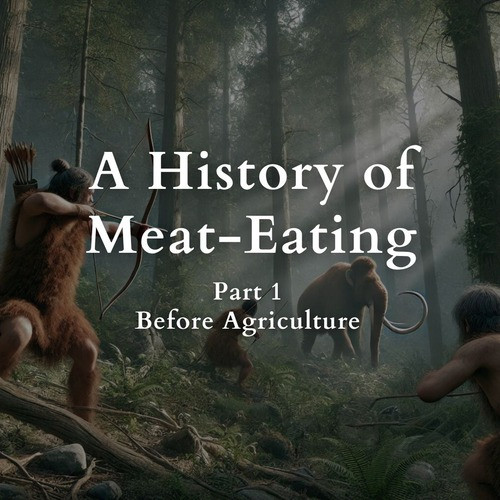Why Pasture Raise Chickens? Part 2: Better for the Planet
posted on
June 12, 2019

I get it. There's a lot going on in this world. So why should we care about how our chickens are raised? And how much better for the planet can a different chicken production model really be?
Here's the thing: This type of farming is called "regenerative agriculture." Why? Because it regenerates our soils, our communities, and what it means to be a farmer. Oh, and its better for wildlife, ecological diversity, and our oceans, all while reducing our carbon footprint. Please allow me to explain...
Regenerating our Soils
Future generations will get it. No soils = No food.

But currently we are obliterating our soils at an alarming rate. Some estimate that at our current rate of soil degradation all of the world's topsoil will be gone within 60 years.1
Without fertile soils, the nutritional value of our foods diminish along with our ability to continue growing food at all. But there is good news: Pasture-raising chickens regenerates our soils!
Here's how it works:
Pasture-raised chickens drop their manure directly into the soil, providing it with valuable nutrients and organic matter. Every year land is under pastured chickens the meat and eggs will become more nutrient-dense from the improved diversity and nutrient-density of plants in their diet. And because the plants are thriving, they put more roots into the soil, causing it to accumulate organic matter. This organic matter makes the soil more permeable and sponge-like, which lets it retain moisture better, reducing the need for irrigation and providing more climate resiliency - another thing future generations will fully understand and appreciate!
To illustrate, check out the following photo which demonstrates the effect of chickens on pasture:

On the left you can see where our chickens were last year, and on the right - no chickens. On our farm, pasture that had chickens on it last year grows about twice as tall and 3 times as thick, with more species diversity as well (both plants and soil organisms!)
Regenerating our Communities
Have you ever seen a factory farm? They wreak havoc on rural communities, polluting the air with the stench of manure, the ground with more manure than it can absorb, and the excess manure seeps into waterways, leading to polluted oceans and toxic dead zones devoid of wildlife.2 Contrast this with a pasture-based chicken farm which has no smell and provides the land with manure in quantities it can absorb and benefit from.
What would happen to your community if a factory farm moved in next door? Alternatively, what would happen if your neighbor started pasture farming?

Regenerating what it means to be a Farmer
Pasture-based operations allow farmers to work independently instead of as serfs in the feudal system of vertical poultry integrators. With a little patience and creativity they can get into business without taking on huge amounts of debt, can make a living wage, can work outside in a healthy environment instead of inside in an unhealthy environment, all while playing a respectable role in the community. In short, pasture-based agriculture places farmers back into their proper social context as providers of healthy food, nurturers of animals, and stewards of the land.

Reducing our Carbon Footprint
And lastly, there's a major bonus to buying chickens from your local pasture farm: A reduced carbon footprint. Ideally your farmer will be sourcing grains locally, and providing chickens to the local bioregion (rather than, say, shipping them across the country.)
At Hungry Hollow, our chickens are fed corn/soy/GMO-free grains grown right here in Washington, and we're shipping chickens only within Western Washington. This vastly reduces the carbon footprint and environmental impact compared to sourcing your chickens from a factory farm thousands of miles away.
Check out Part 3: Better for You!

References
About Hungry Hollow
Hungry Hollow is a diversified farm in Shelton, WA producing pasture-raised meat, eggs, and vegetables. With a focus on animal welfare and ecological stewardship, our work models an alternative to industrial agriculture that is rooted in joy, transparency, and reverence for life.



